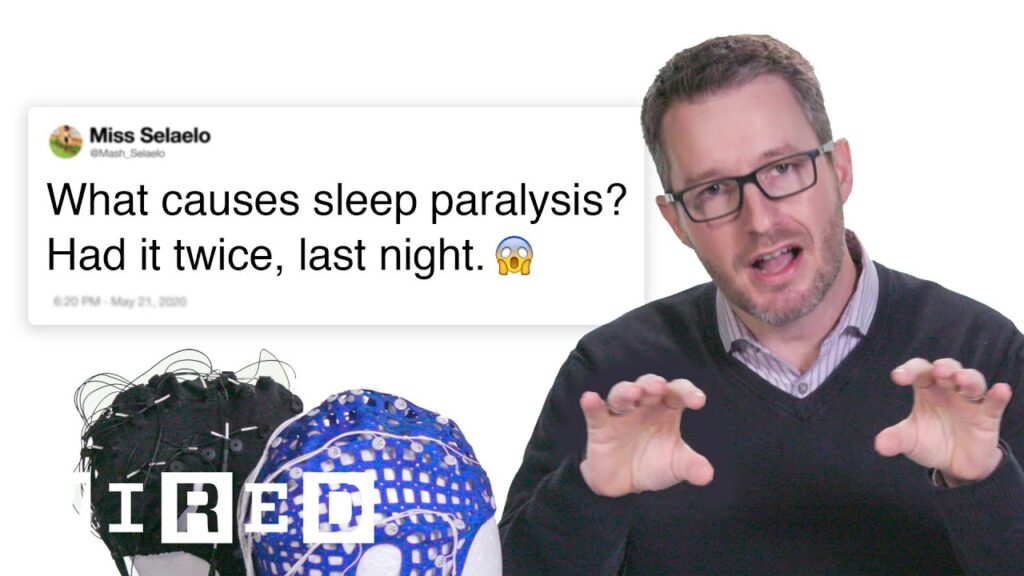IBM Watson: Revolutionizing Healthcare with Cognitive Computing
Summary
In this article, we explore the role of IBM Watson in revolutionizing healthcare with cognitive computing. Watson’s ability to analyze vast amounts of medical information has the potential to improve patient care and reduce the cognitive burden on healthcare providers. The future of medicine is moving towards a patient-centered model, and Watson is helping doctors and patients navigate this changing landscape by providing personalized and predictive medicine.
Table of Contents
- The Need for Cognitive Computing in Healthcare
- The Future of Medicine: A Patient-Centered Model
- Watson’s Role in Healthcare
- Risks and Challenges in a Data-Driven Approach
- Capturing Narrative Features of Medicine with Watson
- Conclusion
The Need for Cognitive Computing in Healthcare
The healthcare industry is facing an ever-increasing amount of medical information, making it difficult for healthcare providers to keep up with the latest research and make accurate diagnoses. IBM Watson is being developed to help doctors analyze a patient’s history, symptoms, and the latest medical literature to make faster, more accurate diagnoses. Watson’s model for cognitive computing provides support to people for the different kinds of reasoning tasks they have to engage in to accomplish their work efficiently.
The Future of Medicine: A Patient-Centered Model
The future of medicine is moving towards a more patient-centered model, focusing on health rather than disease, and developing a much broader base for things like primary care to enhance wellness and prevention. The way medicine and healthcare are paid for and the business models that support them are changing rapidly, and there is a great deal of innovation happening in science, such as adaptive clinical trials.
Watson’s Role in Healthcare
Watson’s role in healthcare is to help doctors and patients navigate this changing landscape by providing personalized medicine and predictive medicine. With Watson’s ability to analyze vast amounts of medical information, it can provide personalized treatment options based on a patient’s unique medical history and symptoms. Watson can also predict potential health issues a patient may face in the future, allowing for preventative measures to be taken.
Risks and Challenges in a Data-Driven Approach
The future of healthcare and medicine is heavily reliant on data and knowledge extraction to improve patient care. However, there are risks associated with a purely data-driven approach, such as the need for high-quality data when basing payment on statistics like readmission rates. One challenge is capturing the narrative features of medicine, such as patient experience, which is difficult to quantify and put into structured data.
Capturing Narrative Features of Medicine with Watson
Watson, with its natural language processing capabilities, can extract information from unstructured narrative data, such as handwritten nursing notes, to provide new avenues for understanding patient experience and improving healthcare productivity. By capturing the narrative features of medicine, Watson can help healthcare providers better understand a patient’s experience and provide more personalized care.
Conclusion
In conclusion, IBM Watson is revolutionizing healthcare with cognitive computing. Its ability to analyze vast amounts of medical information and provide personalized and predictive medicine has the potential to improve patient care and reduce the cognitive burden on healthcare providers. While there are risks and challenges associated with a data-driven approach, Watson’s natural language processing capabilities provide new avenues for understanding patient experience and improving healthcare productivity. The future of medicine is moving towards a patient-centered model, and Watson is helping to navigate this changing landscape.







